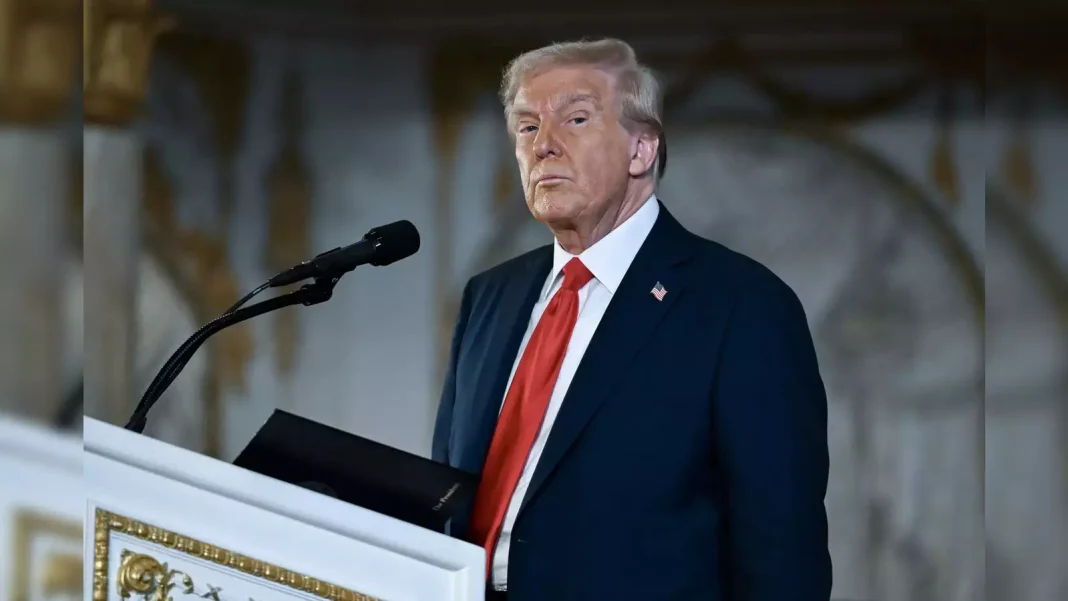December 11, 2024: President-elect Donald Trump has reignited the debate over birthright citizenship, vowing to end the practice after assuming office on January 20th. The policy, which grants US citizenship to any child born within the country’s borders, regardless of their parents’ citizenship, has been enshrined in the Constitution for over 150 years under the 14th Amendment.
Also Read: Is Donald Trump’s U.S. win is a threat to Prince Harry and Meghan Markle?
Trump has long criticized this policy, calling birthright citizenship “ridiculous” and suggesting that it should be eliminated. He has indicated that changes may need to be made through legislation or a referendum. “We’re going to have to get it changed,” Trump said in a recent interview. “We’ll maybe have to go back to the people. But we have to end it.” Although he raised similar concerns during his first term, no significant action was taken.
Opponents of birthright citizenship, including Trump and his supporters, argue that the system is being exploited, particularly through “birth tourism.” This refers to the practice of pregnant women traveling to the US to give birth, ensuring their child obtains American citizenship before returning to their home countries. “Simply crossing the border and having a child should not entitle anyone to citizenship,” said Eric Ruark, director of research for the anti-immigration group NumbersUSA.
Also Read: Canadian Hindus Protest Outside Bangladeshi Consulate, Demand Justice for Minorities
However, ending birthright citizenship would not be straightforward. The right is protected by the 14th Amendment, which states, “All persons born or naturalised in the United States, and subject to the jurisdiction thereof, are citizens of the United States and of the State wherein they reside.” Any attempt to eliminate this policy would face major legal hurdles, and changing the Constitution would require significant political effort.
While Trump’s plan could potentially impact millions, including a significant number of Indian-Americans, the president lacks the power to amend the Constitution unilaterally. Alex Nowrasteh of the Cato Institute, a pro-immigration think tank, dismissed Trump’s remarks, saying, “He didn’t do anything to further this agenda when he was president before, and I don’t take his statements seriously.”
For Indian-Americans, the potential abolition of birthright citizenship could have significant consequences. According to Pew Research’s 2022 US Census analysis, approximately 1.6 million of the 4.8 million Indian-Americans were born in the US, making them US citizens under the current law. If Trump succeeds in eliminating this policy, these individuals and their families could face uncertainty regarding their citizenship status.
Additionally, an end to birthright citizenship could complicate legal processes for American parents trying to prove their children’s citizenship. As noted by the American Immigration Council, “Our birth certificates are proof of our citizenship. If birthright citizenship were eliminated, US citizens could no longer use their birth certificates as proof of citizenship.”
In summary, while Trump’s push to end birthright citizenship could significantly impact the immigration landscape, constitutional challenges and the practical realities of implementing such a change may limit its effectiveness.
Tags:
- Donald Trump
- Birthright Citizenship
- 14th Amendment
- Immigration Policy
- Indian-Americans
- Birth Tourism
- US Immigration Reform
- Legal Challenges
- US Constitution

